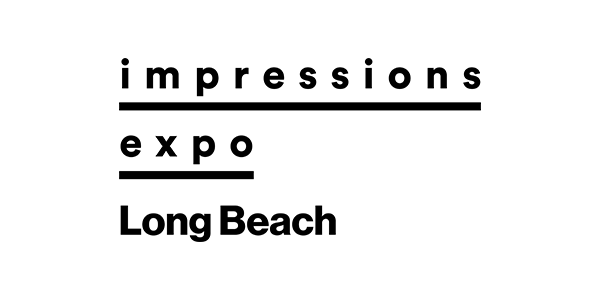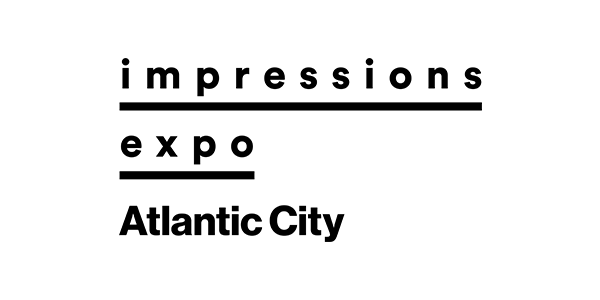Impressions recently attended FESPA Global Print Expo 2019, which was held May 14-17 in Munich, Germany. The event covered six halls of the Munich Messe, Germany, and showcased products and solutions for screen, digital and textile printing, as well as signage, décor and packaging.
Following are a few developments we noticed at FESPA 2019.
Automation on the Rise
There has been an increase in automated systems in the apparel-decoration world. MHM exhibited an oval screen-printing machine integrated with a dryer, and Turbotrans showcased a machine that automatically applied transfers at a rate of more than 600 pieces per hour with one operator.
FESPA 2019 also featured automatic screen-tensioning and screen-cleaning systems, as well as a machine that automatically pretreated and pressed shirts in preparation for direct-to-garment (DTG) printing. There was high interest in these systems from every corner of the globe.
Green Initiatives
Green initiatives were more of a focus than is typically seen at US shows. Industrial dryer manufacturer Tesoma promoted the energy savings enabled by its dryer, and numerous water-based ink systems were shown, including some exciting samples from Italian ink supplier Virus. Greener chemistries and systems were shown from SAATI, KIWO and other companies, and shirt manufacturers touted their sustainability and fair-trade status.
Transfers
Though the United States is catching up in terms of the widespread application of transfers, the rest of the world seems to have more fully embraced transfer technologies. FESPA 2019 also included numerous companies displaying machinery to produce transfers, as well as a selection of transfers available for multiple garment types and to create a wide range of effects.
Hybrid DTG/Screen Printing
Screen-printing press manufacturers such as MHM, M&R and ROQ all offered machines that combined screen printing production with DTG printing. The machines are designed to output between 150 and 250 pieces. The former is too many digital prints in terms of cost and time, and 150-250 is too few for screen printing in terms of cost and setup time.
However, such quantities commonly are desired by customers, so hybrid capabilities have become a viable solution. None of the hybrid technologies are particularly affordable yet, but such solutions are not far from widespread use.
DTG Advances
Brother’s newest DTG printer, the GTX, doesn’t have to be operated around the clock to remain in working order. In other DTG news, Kornit showcased its Avalanche Poly Pro machine, which was to print on polyester — a fabric that previously has been problematic for DTG machines. The quality and speed of this application is improving at a rapid pace, stay tuned for future developments.
Focus on Workflow
As the speed of decoration increases, the bottlenecks in the process no longer involve the printing technologies. Rather, the problem centers on systems responsible for receiving goods, decorating them and sending them to their ultimate destination. If it takes longer to find the blank garment than to print it — and if you print it quickly, but don’t know where it’s going — then you are not progressing. At FESPA 2019, Brown Mfg. and Brother Intl. debuted a system with barcoded shirt tracking, while another German company showcased a comprehensive workflow system, among others. Such solutions will help manage workflow, particularly for online sales of DTG-produced items, one-off embroidered products and inventoried screen-printed items.
Fun
A combination of the culture, the exposition hall’s rules and exhibitors resulted in a very different trade-show experience. Most exhibitors’ hospitality included beer, wine, snacks and food. After all, there’s no reason you can’t do business and enjoy yourself at the same time. This has been the trend with recent Imprinted Sportswear Shows (Impressions Expo) events in the United States, and when you see it full-blown in Europe, it’s great to know we are headed in a similar direction.
Rick Roth is the owner of Mirror Image, a company known for decorating innovation, promotion of charitable work and ethical standards. He is the publisher of inkkitchen.com, a social-media that provides free information on apparel decoration. He also hosts Shop Talk sessions at the Impressions Expo. For more information or to comment on this article, email Rick at [email protected].





